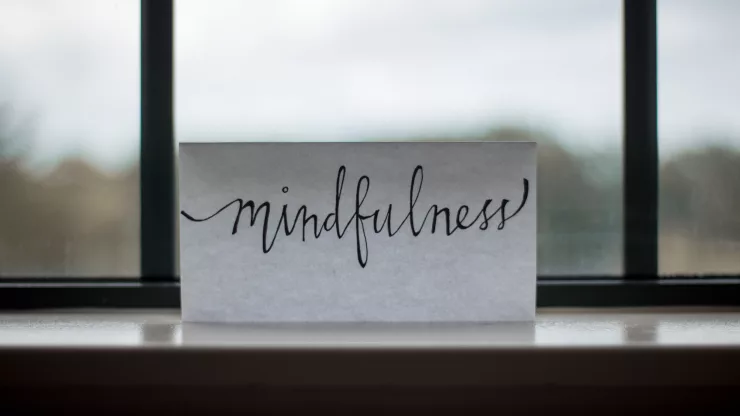Music is a powerful tool that can evoke emotions and feelings in people. It has been used for centuries to bring people together, to celebrate, and to heal.
Music therapy is a form of therapy that uses music to promote physical, emotional, and mental well-being. It is a holistic approach that can benefit people of all ages and backgrounds.
In this article, we will explore the healing power of music, how music therapy works, music therapy techniques, benefits of music therapy, music therapy in practice, and finding your musical wellness.
Jump to Section
The Healing Power of Music
Music has been used for centuries to promote healing and well-being. It has the power to evoke emotions and feelings in people, and it can help to reduce stress, anxiety, and depression.
Music can also promote physical healing by reducing pain and promoting relaxation. Studies have shown that music can have a positive effect on the brain, and it can help to improve memory, attention, and cognitive function.
How Music Therapy Works
Music therapy is a form of therapy that uses music to promote physical, emotional, and mental well-being. It is a holistic approach that can benefit people of all ages and backgrounds.
Music therapy works by using music to address physical, emotional, cognitive, and social needs. The therapist works with the client to identify their goals and needs, and then uses music to help them achieve those goals.
Music Therapy Techniques
There are a variety of music therapy techniques that can be used to promote healing and well-being. These techniques include:
- Listening to music
- Playing an instrument
- Singing
- Improvisation
- Songwriting
- Music and movement
The therapist will choose the technique that is best suited to the client’s needs and goals.
Benefits of Music Therapy
Music therapy can have a wide range of benefits, including:
- Reduced stress and anxiety
- Improved mood and emotional well-being
- Increased self-esteem and self-confidence
- Improved memory and cognitive function
- Reduced pain and discomfort
- Improved social skills and communication
- Enhanced creativity and self-expression
Music Therapy in Practice
Music therapy can be used in a variety of settings, including hospitals, schools, nursing homes, and rehabilitation centers. It can be used to treat a wide range of conditions, including:
- Autism
- Dementia
- Depression and anxiety
- Chronic pain
- Traumatic brain injury
- Substance abuse disorders
The therapist will work with the client to develop a treatment plan that is tailored to their specific needs and goals.
Finding Your Musical Wellness
If you are interested in exploring music therapy, there are a variety of resources available. You can start by talking to your healthcare provider or contacting a music therapist in your area.
You can also explore music on your own by listening to music, playing an instrument, or singing.
FAQ
How do I find a music therapist?
You can find a music therapist by contacting the American Music Therapy Association (AMTA) or the Certification Board for Music Therapists (CBMT). You can also ask your healthcare provider for a referral.
Do I need to have musical experience to benefit from music therapy?
No, you do not need to have musical experience to benefit from music therapy. The therapist will work with you to choose the techniques that are best suited to your needs and goals.
Is music therapy covered by insurance?
Some insurance plans cover music therapy, but it depends on your specific plan. It is important to check with your insurance provider to see if music therapy is covered.
Music therapy is a powerful tool that can promote healing and well-being. It is a holistic approach that can benefit people of all ages and backgrounds.
Whether you are listening to music, playing an instrument, or singing, music can help to reduce stress, anxiety, and depression, and promote physical, emotional, and mental well-being.
If you are interested in exploring music therapy, talk to your healthcare provider or contact a music therapist in your area.

With a deep passion for personal development, Ben has dedicated his career to inspiring and guiding others on their journey towards self-improvement.
His love for learning and sharing knowledge about personal growth strategies, mindfulness, and goal-setting principles has led him to create My Virtual Life Coach.
Contact Ben at [email protected] for assistance.




